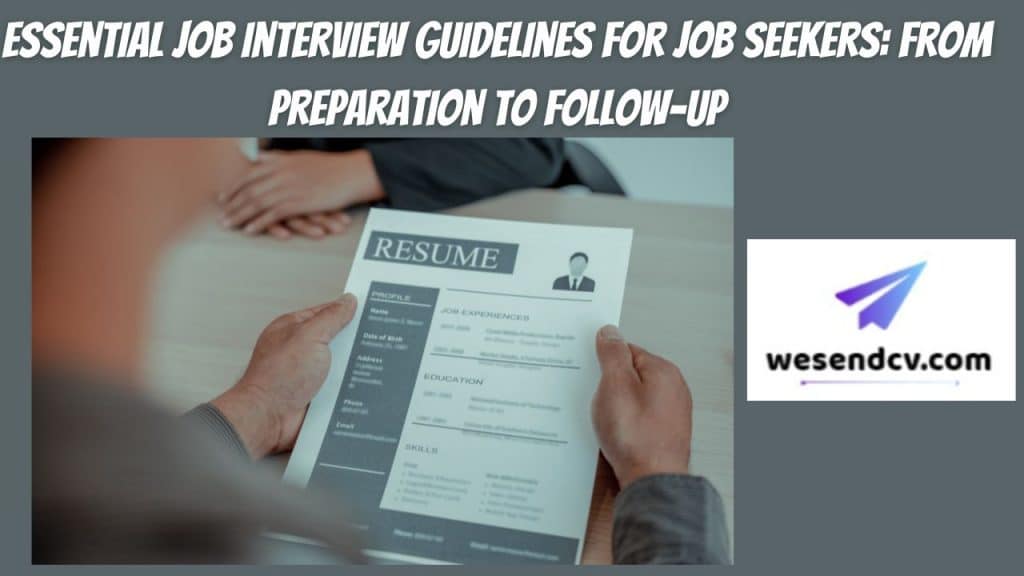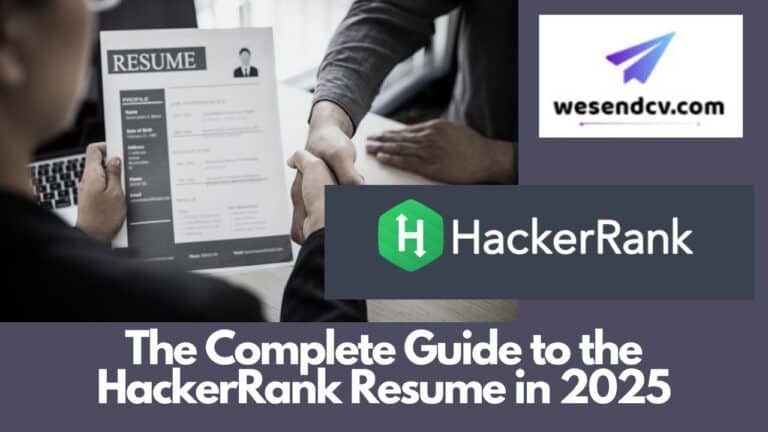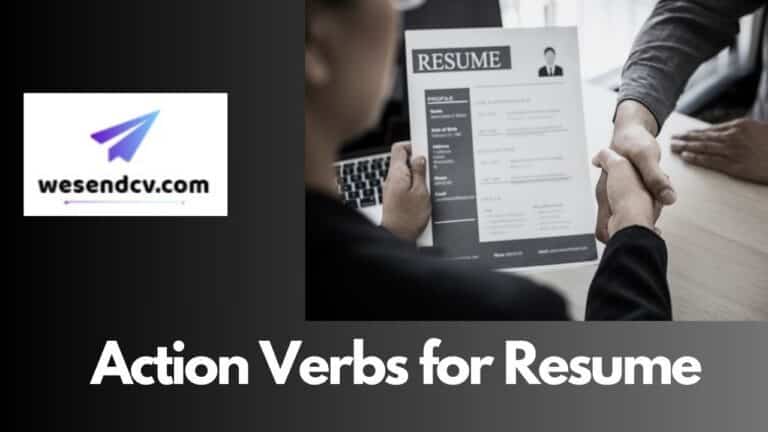Job interviews can be one of the most critical stages of your job search process. Whether you’re a seasoned professional or a first-time job seeker, understanding how to prepare, conduct yourself, and follow up after an interview can make all the difference. In this article, we’ll explore key questions and strategies, from why you should attend interviews alone to what information you should gather beforehand, to help you succeed in your next interview.
Main Highlights of Content
ToggleWhy Should a Job Seeker Go to an Interview Alone?
Attending an interview alone is essential for several reasons. It demonstrates independence, professionalism, and confidence. Bringing someone along, such as a family member or friend, can convey insecurity and suggest that you are not capable of handling the interview process by yourself. Employers expect candidates to stand on their own during interviews, showcasing their ability to communicate and solve problems without external support.
Benefits of Attending an Interview Alone:
- Demonstrates Self-Sufficiency: Interviewers look for candidates who can handle the pressure and responsibility of the job on their own.
- Enhances Communication: It allows the interviewer to focus solely on you and your responses, ensuring that your qualifications and personality are clearly conveyed.
- Shows Confidence: Walking into an interview alone shows you’re confident in your abilities, a quality that employers value.
If you’re worried about preparation, use the free resume tools to refine your resume and feel more confident going into the interview.
Which Action Should a Job Seeker Ideally Take by the End of an Interview?
At the end of an interview, it’s essential to take a proactive approach. One of the most important actions is to ask insightful questions about the role or company. This shows that you are engaged and genuinely interested in the position. Additionally, it’s crucial to express your enthusiasm for the role and thank the interviewer for their time.
Key Actions to Take Before Leaving the Interview:
- Ask Thoughtful Questions: Enquire about the company’s culture, expectations for the role, or what the next steps in the hiring process will be. For example, “What does success look like in this role over the first six months?”
- Express Gratitude: Thank the interviewer for their time and the opportunity to interview.
- Reaffirm Interest: Let the interviewer know you’re excited about the opportunity and eager to contribute to the company.
For tips on formulating thoughtful questions, check out our interview preparation guide.
What Qualities Should the Job Seeker Communicate to the Interviewer?
During an interview, the qualities you communicate are just as important as the technical skills you bring to the table. Employers are often looking for a combination of soft skills and professional traits that align with their company culture and the role’s demands.
Key Qualities to Communicate:
- Confidence: Speak clearly and confidently to show that you believe in your abilities and are capable of performing the job.
- Adaptability: Showcase examples of times when you successfully navigated change or unexpected challenges.
- Teamwork and Collaboration: Emphasize your ability to work well with others, as most jobs require some degree of team collaboration.
- Problem-Solving: Discuss situations where you identified a problem and took initiative to resolve it.
- Work Ethic: Highlight your commitment to completing tasks effectively and your willingness to go above and beyond when needed.
To learn more about how to present these qualities effectively, refer to our resume bullet point guide to tailor your resume to reflect these strengths.

What Is the Most Common Reason a Job Seeker Resists Change?
One of the most common reasons a job seeker resists change is fear of the unknown. Transitioning to a new job or industry often brings uncertainty, such as unfamiliar responsibilities, coworkers, and company culture. Many job seekers may worry about not meeting expectations or having to develop new skills quickly.
How to Overcome Resistance to Change:
- Embrace Continuous Learning: View every change as an opportunity to grow and learn new skills.
- Research the New Role: Minimize uncertainty by thoroughly researching the job and company before applying.
- Seek Support: Speak to industry peers or a mentor who can provide insights into the transition and offer advice.
For those who feel apprehensive about changes in their job search, use our free resume evaluation tools to build confidence in your application materials.
What Can a Job Seeker Do to Improve His or Her Job-Seeking Skills?
Improving your job-seeking skills is crucial to staying competitive in today’s fast-paced job market. Here are some strategies that can help:
1. Polish Your Resume and Cover Letter:
Your resume is often the first impression you make on a potential employer. Use a resume-checking tool like the ATS-Friendly Resume Checker to ensure your resume is optimized for applicant tracking systems (ATS) and tailored to the job description.
2. Enhance Your LinkedIn Profile:
A strong LinkedIn profile can attract recruiters. Ensure your profile highlights key achievements and skills. Stay active by engaging with relevant posts and building a professional network.
3. Practice Interviewing:
Rehearsing common interview questions with a friend or mentor can improve your confidence and ability to articulate your experiences effectively.
4. Stay Current in Your Field:
Keep your skills updated by taking online courses, attending webinars, or reading industry-related articles to stay ahead of the competition.
For more tips, check out our job-seeking skills improvement guide.
Before the Interview, What Information Should a Job Seeker Learn About the Employer?
Before attending an interview, thoroughly researching the company is essential to make a lasting impression. Understanding the company’s mission, values, and culture allows you to tailor your answers to align with their objectives.
Information to Research:
- Company Mission and Values: Familiarize yourself with the company’s core values and mission to show that your goals align with theirs.
- Recent News or Achievements: Research the company’s recent accomplishments or major news. Mentioning these in your interview shows that you’ve done your homework.
- Role-Specific Details: Understand the job description in detail, and prepare examples of how your skills match the role’s requirements.
- Company Culture: Review employee reviews on platforms like Glassdoor to gain insight into the company culture and work environment.
Gathering this information helps you tailor your answers and demonstrate that you’re genuinely interested in contributing to the company’s success. For a comprehensive guide on interview preparation, visit our free tools page.
Conclusion
Job interviews require thorough preparation, self-confidence, and the ability to communicate your skills and experience effectively. By attending the interview alone, showing enthusiasm, and researching the employer beforehand, you can greatly improve your chances of success. Additionally, by continuously refining your job-seeking skills, overcoming resistance to change, and highlighting the right qualities, you can make a lasting impression on potential employers.
For additional resources to support your job search, check out our free resume tools. These tools will help you refine your resume, cover letter, and overall job search strategy.







